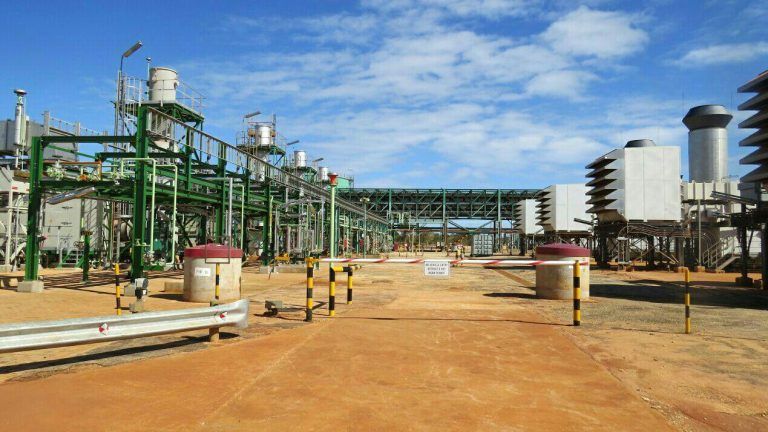Good afternoon. News that the government has appointed a contractor to monitor exports of minerals from Mozambique (see below) cannot come soon enough. Officials have long been suspicious that mining companies under-report the ores they mine in order to evade paying taxes and customs duties. The rules have been tightened up this year, with the introduction of reference prices for minerals based on the prices charged on international markets. However, a missing piece of the puzzle was to put in place the resources to inspect the amount and quality of the ores being exported. A trick of dishonest mine developers is to start exporting large amounts of minerals while they are still officially only in the prospecting phase, where they are allowed to export samples. When caught, they insist that they were operating within the rules. Thus a proper inspection regime is essential.
Leader article continues below for Pro subscribers. Subscribers to the Zitamar News tier can read the full leader article here.
The latest from Zitamar News:

From the Zitamar Live Blog:

The impact of these practices is severe. A report by the US think tank Global Financial Integrity in 2015 found that between 2004 and 2013, Mozambique lost an average of over $230m a year due to fraudulent invoicing of goods. The wider issue of how little the extractive sector contributes to state revenues is highlighted by a report published this week by the pressure group Tax Justice Network and Mozambican think tank the Centre for Democracy and Development, funded by the African Climate Fund.
A potential obstacle to cleaning up the mining sector is that many mining concessions are owned in whole or part by members of ruling party Frelimo, such as veterans of the war of liberation, former ministers and presidential family members. There is a tension between these interests and those of officials at the Ministry of Natural Resources and Energy who want to clamp down on malpractice. The appointment of an external firm like SGS to conduct inspections will hopefully provide independent scrutiny and reduce the risk of political interference.









